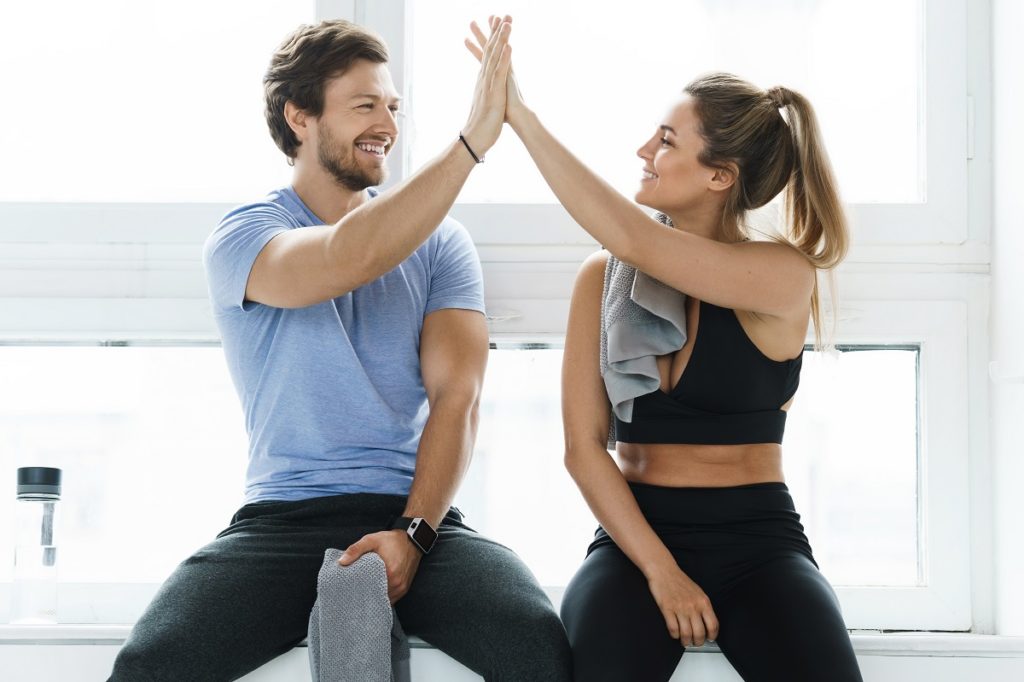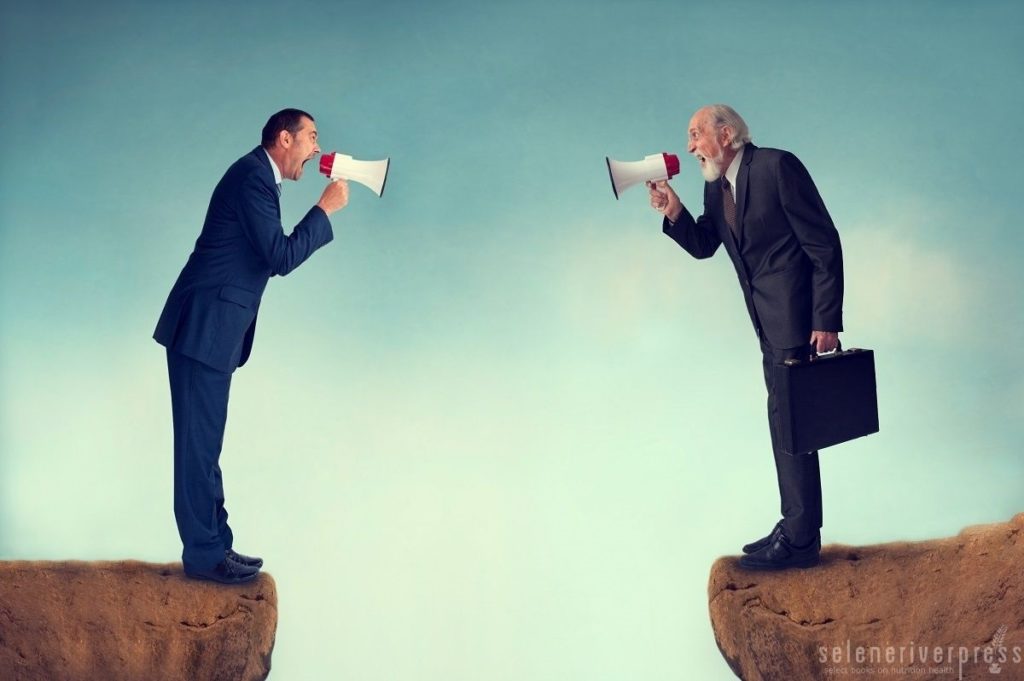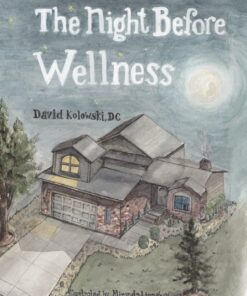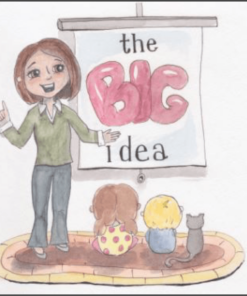When I was in college, I had the honor to play football for one of the most storied and admired teams in all of college. For a kid from Nebraska, there was nothing better than game days in Lincoln, seeing the stadium swell to become the third-largest city in the entire state. From my perspective on the field, the feeling of running out in front of this massive crowd was nothing less than electric.
The away team’s fans rarely made a dent in the atmosphere of the stadium, and their cheers felt minimal at best compared to the roar that our fans made. Nebraska fans are widely known for their hospitality and good sportsmanship, or at least this was the case when I was there. However, even a superhuman level of grace can’t stop the usual psychological biases from creeping in. Anyone who has been to any sporting event can attest to the phenomenon of two groups of people watching the exact same play yet ending up with radically different interpretations of what happened.
“They were out of bounds!”
“No, that should be pass interference!”
Both sides make compelling arguments, and neither side is willing to back down. Once it is clear from the instant replay, one side will celebrate their triumph while the other will invariably mumble, “It was close” before they concede.
Throughout this pandemic, we have seen America (and the rest of the world for that matter) divided into starkly different camps. Whether the issue at hand is masks or lockdowns or vaccines, it is clear there is a wide chasm that won’t be easy to bridge.
Watching all of this play out over so many months has reminded me of this battle between rival fans. The difference this time around is that the referees can’t seem to make up their mind. Both sides have convincing arguments and plenty of data. Both sides are supremely confident in their decisions. With so much being unclear at this time, it will most likely come down to hindsight, like an instant replay, before either side will concede.
In the meantime, there are plenty of lessons we can learn aside from just how divided we are. The first lesson is to think of this situation as a hypothetical: If something is killing 99 percent of the people, I’d like to know what we can learn about the 1 percent who are surviving! There must be some factors that enable them to be more resilient or less susceptible. If we can apply those lessons to others, can we save more lives?
We’ve seen that this pandemic is barely an issue for people with a healthy bodyweight, no chronic lifestyle disease, and no metabolic disorders. The youth are especially protected, likely because they have had much less time to develop or live with any sort of lifestyle-induced disease process. Getting your health under control is the first big takeaway.
The second lesson is the question of whose responsibility it is to protect your health? It’s another psychological default to blame others for something negative in your life. None of us wants to be proven wrong, so we cast this responsibility onto others, assigning blame if it fails and crediting our delegation skills if it succeeds. It’s brilliant—you can’t lose!
The harsh reality is that your health is always your responsibility. You control what goes into your mouth. You control what goes into your mind. You have the final say in what you do with your body, even if you simply follow someone else’s orders because you are complying without any pushback. Nobody else can exercise for you. Nobody can eat healthy for you. Nobody can sleep for you. And you should never let someone else do your thinking! You only get one body to live in, and you need to take care of it. It didn’t come with an instruction manual, so you must do the hard work of figuring it out, and you can’t delude yourself by accepting an unhealthy state as “normal” while forcing those around you to simply accept it. You’re free to live in a state of delusion, but don’t bring me into it!
The third lesson has already been hinted at. We need the right information about health to be able to make the right decisions. I am fortunate to work in the healthcare field as a doctor of chiropractic so I am immersed in this information more than most, but it is clear that there is a wide division between what people choose to believe. I don’t want to come across as “anti-medicine.” I am far from that in real life, but I am against the overutilization of medicine and medical interventions. Western medicine is great for emergencies but doesn’t offer much when it comes to improving and maintaining overall health. It’s hard to take health advice from a system that is financially dependent on you being sick.
To wrap this up, imagine you have a cut on your finger. You can put a bandage on it for protection, but does the bandage do the actual healing? Does the ointment heal you? If they don’t, what does? It’s obvious that the healing happens from within. Your body is designed to do the healing, whether it’s from a papercut or a chronic disease. You simply need to allow greater expression of this ability in your body by removing any and all interference on your nervous system (which controls everything in your body). You also need to support the healing changes by eating real foods. These become the building blocks for new tissues and eventually become your new healthy body. I could discuss plenty more lifestyle factors such as sleep, water, exercise, and more, but we’re limited on space in this article.
What this really boils down to is that we need to take personal responsibility for our own health. When you are a stronger link in the chain, you are more of an asset to society. We need to learn the right information and act on this information. We should do this for the benefit of others, but you should put yourself first. It is not selfish to take care of yourself. What is selfish is to ignore your own needs for so long that you become the one who needs help.
The last big takeaway is the fact that we live in a country that was founded on freedom. While it is my hope that someone might read this and find some help, I know others will think I’m completely wrong. I think that’s amazing! You are completely free to think whatever you want about me and how you choose to live your life. I can’t live it for you. I can only ask you to realistically assess your results and be honest with yourself if it’s working or not. You are free to think what you want, eat what you want, and live how you want, and nothing should ever give me or anyone else the power to change that.
Whether I’m 100 percent right or wrong, the instant replay will soon be ready, and someone will end up saying, “It was close.” What side will you be on?
Dr. David Kolowski is a chiropractor, speaker, and author in Loveland, Colorado. His booklet The Night Before Wellness gives the Big Idea of natural healthcare to readers young and old. Dr. Kolowski describes his mission as helping people ask better questions while seeing the bigger picture. You can find him at InsideHealth.com.
Images from iStock/eelnosiva (main), Jun (man and woman), vermontalm (American flag).




